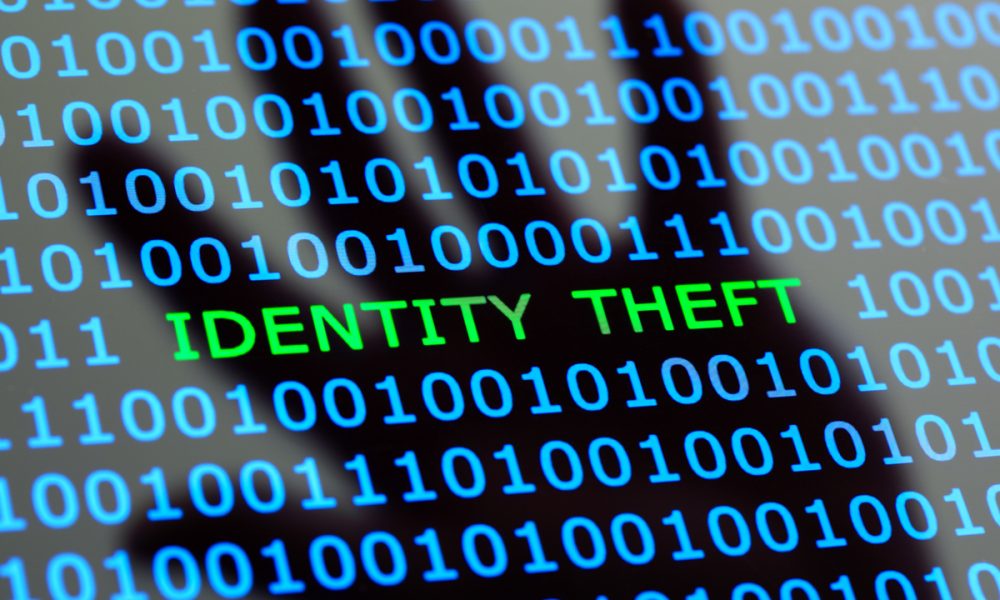Identity theft is a growing problem across the world in the digital age, and it can have devastating impacts on individuals, businesses, and organizations. In this article, we will provide you with a comprehensive guide to identity theft, including its definition, scope, and how it works. We will also highlight the steps individuals and businesses can take to prevent and recover from identity theft.
Identity theft refers to the use of someone else’s personal information without their consent, with the aim of committing fraud or other illicit activities. This includes stealing someone’s full name, social security number, credit card information, financial accounts, and other pieces of sensitive data. Identity theft can occur in various ways, such as phishing scams, hacking, data breaches, or physical theft of documents containing personal information.
The scope of identity theft has become increasingly alarming, with millions of people falling victim to this crime every year. According to the Identity Theft Resource Center, over 13 million identity fraud cases were reported in the US alone in 2019, with a total loss exceeding $3.5 billion. These figures show that identity theft remains a top concern for many individuals and businesses alike, with a significant economic impact on the society as a whole.
Identity theft works by cybercriminals using stolen information to access financial accounts, open new lines of credit, or conduct fraudulent transactions in the victim’s name. The victims may not even realize that their identity has been stolen until they receive a bill for expenses they never made or are denied access to their financial accounts. Moreover, identity theft can damage a person’s credit score or lead to legal problems, causing significant emotional distress and financial losses.

The good news is that there are steps individuals and businesses can take to prevent and recover from identity theft. For individuals, it’s essential to protect personal information by keeping sensitive documents in a safe place, using strong passwords, and not sharing personal information with strangers. It’s also advisable to monitor financial accounts regularly and report any suspicious activity immediately.
For businesses, it’s crucial to implement robust data security measures, such as using encryption techniques, firewalls, and antimalware software. Companies should also train their employees on the best practices for identifying and preventing cyber threats, such as phishing attacks and social engineering scams.
Identity theft is a real and growing threat that affects individuals, businesses, and society as a whole. By understanding the scope of this crime and taking proactive measures to prevent and recover from it, we can protect ourselves and minimize the impact of identity theft on our lives and finances.
